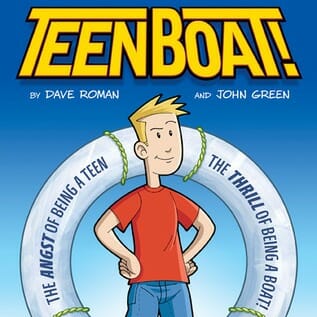Comic Book & Graphic Novel Round-Up (6/20/12)

Each week, Paste reviews the most intriguing comic books, graphic novels, graphic memoirs and other illustrated books.

Gloriana: The Adventures of Glenn Ganges
by Kevin Huizenga
Drawn + Quarterly, 2012
Rating: 8.7
Newly reissued in a lovely compact 10th-ish anniversary edition, Kevin Huizenga’s Gloriana is the kind of comic that makes full use of the medium and its flexible approach to time. It also rewards whatever amount of time you spend with it in kind. If you want to read it quickly, you can do that, and you’ll enjoy it. If you want to focus on its elaborate centerfold, flipping back and forth in the book, parsing out each tiny, beautiful drawing, you can do that, too. You might not ever be able to shake out every hidden detail, but that’s its own kind of joy, the kind that means you can keep coming back to a work of art. Even Huizenga’s approach to the idea of alternate fictional universes, a concept that can easily paralyze a writer into never writing at all, afraid to put down anything lest a better option exist, takes on a stuttering, rhythmic beauty. You’ll eventually stop trying to figure out what’s real and what’s not and adopt a kind of cheerful agnosticism. A decade on, this book still feels utterly fresh and original. (HB)

Mars Attacks #1
by John Layman and John McCrea
IDW, 2012
Rating: 6.1
-

-

-

-

-

-

-

-

-

-

-

-

-

-

-

-

-

-

-

-

-

-

-

-

-

-

-

-

-

-

-

-

-

-

-

-

-

-

-

-










































